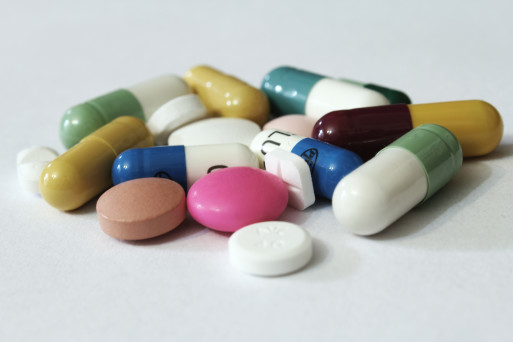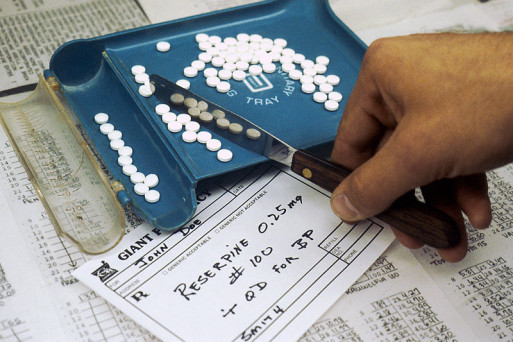When my grandmother was receiving hospice care after being diagnosed with advanced lung cancer, we had boxes and boxes of unopened medications piled knee-high in a closet. After she died, we asked her nurse what we could do with the medications. Could we send them back to the hospital so that other patients could use them? “Absolutely not,” the nurse informed us. We had to take the medications to a participating pharmacy, which would have them properly destroyed.

Credit: flickr.com
To us, this seemed like such a waste. After all, some of these medications had cost my grandmother thousands of dollars, only to go unused and be destroyed less than a month after she bought them. This is why some hospitals, including California’s Santa Clara Valley Medical Center, are advocating for drug donation programs that would recycle these medications rather than destroy them.
One such program, called SIRUM, works similarly to disposal programs in other states, requiring patients or their families to drop off medications at a local pharmacy. Unlike these disposal programs, however, the pharmacist then determines whether the medication is in its original packaging and if it’s safe to ship the unused pills to a pharmacy for reuse. As of 2013, California’s SIRUM program had redistributed almost 500,000 units of medication worth about $1.5 million on the wholesale market.
The biggest beneficiaries of the program so far have been families with low incomes. Many of these patients delay treatment for life-threatening illnesses, fearing that the medication will be too expensive. Through SIRUM, however, they receive donated, unopened medications at no or very low cost. Patients who participated in California’s premier pharmacy donation program at Better Health Pharmacy in San Jose, for example, paid nothing for the donated medications they received.

Credit: wikimedia.org
Critics of drug redistribution programs are concerned that patients will be exposed to tainted medications. However, SIRUM and other programs like it take every precaution possible. Pharmacies can only accept medications in their original packaging, and the seals cannot be broken. Every pill needs to be inside its original container to ensure its authenticity and safety. Opened bottles of pills cannot be used.
As of May 2016, California is one of an estimated 38 states, including Florida, Colorado and Michigan, that have passed similar donation program laws. These laws are constantly evolving, so to find out whether you can donate your own used medications, check the laws in your state.
Medication disposal and donation is something that families and patients rarely think about when it comes to end-of-life planning, yet it is a complex and often cumbersome process. When you take the time to research what you can do with unused medications in your state, you will be better prepared, and you might even help a patient in-need.

 Can You Donate Unused Hospice Drugs?
Can You Donate Unused Hospice Drugs?


 “Help Me, Helen”
“Help Me, Helen”

 “As Tears Go By” by Marianne Faithfull
“As Tears Go By” by Marianne Faithfull














